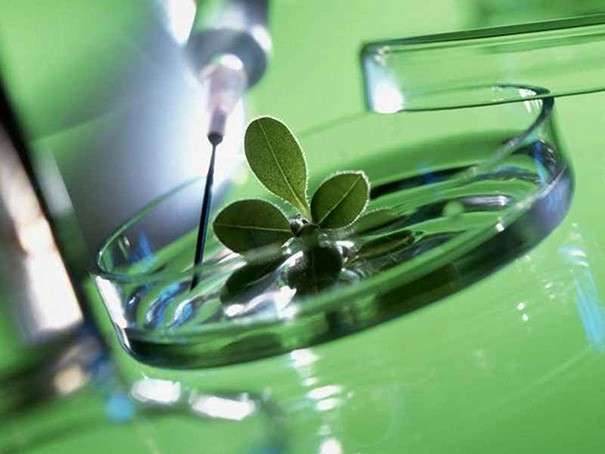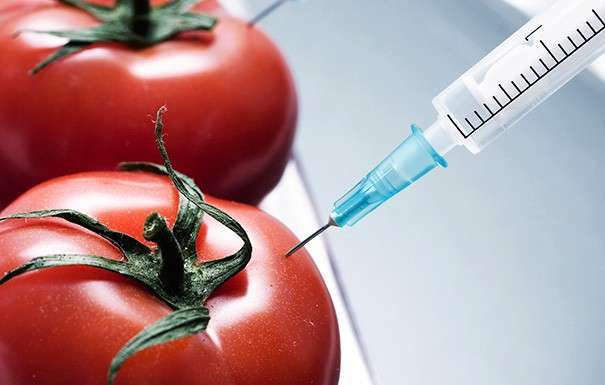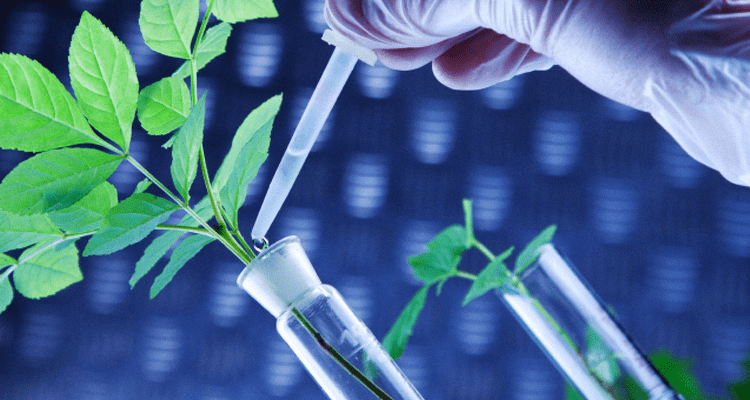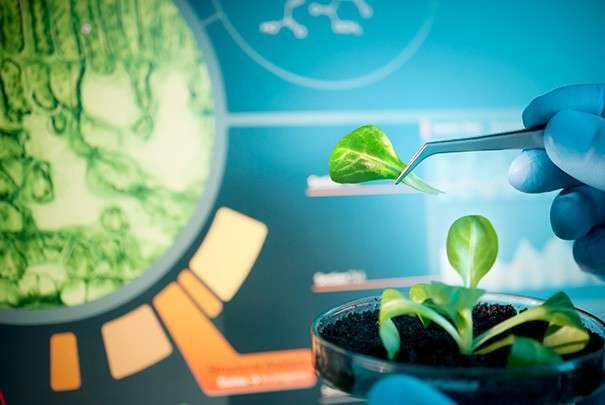Numerous unfavorable factors have a negative impact on crop yields, which makes you wonder what is the contribution of biotechnology to improve the efficiency of crop production at the present time? After all, tender cultivated plants are more likely to suffer from:
- rodents;
- weeds;
- nematodes;
- insect pests;
- viruses;
- bacteria;
- phytopathogenic fungi;
- adverse weather conditions;
- soil erosion.
The importance of biotechnology in crop production
Biotechnology can no longer be dispensed with in modern crop production due to population growth and its needs. There are two major areas of use of biotechnology in crop production:
- genetic modification by introducing genes from alien organisms, which results in genetically modified objects (GMOs );
- appeal to natural reserves – the use of extracts from fungi and plants, highly productive microorganisms, etc.

- plant growth regulators;
- plant protection products;
- yield enhancing agents.
Despite the active promotion of GMO products, economically developed countries are in no hurry to expand their consumption, and prefer the use of biotechnologies (biological methods of exposure) that use microorganisms. Although many companies use GMOs around the world, not only in crop production, but also in other areas of activity.
Plant protection methods
Biotechnological ways to protect agricultural plants from damaging factors are:
- breeding varieties resistant to adverse factors;
- the use of chemical control agents (herbicides, pesticides, raticides, insecticides, nematicides, fungicides);
- biological pest control methods based on the use of their natural parasites and enemies or toxic substances released by living organisms.
Video about biotechnology in crop production
Increasing plant productivity
This is an equally important task, including:
- increasing the productivity of culture;
- increasing its nutritional value;
- breeding varieties that can grow in swampy or dry areas, on saline soils.
The goal is to increase the energy efficiency of the processes taking place in plant tissues (absorption of light energy, carbon dioxide, water-salt metabolism).
The most important directions of development of biotechnology in crop production
Traditional production of new varieties by breeding using hybridization, induced and spontaneous mutations. Breeding methods based on cellular and genetic engineering are already beginning to be introduced. For example, with the help of genetic engineering, it is supposed to develop symbiotic associations for plants that allow them to fix nitrogen. Scientists have already managed to isolate and clone the sym genes that are responsible for the formation of symbiotic bonds between the host plant and the nodule nitrogen fixer. That is, thanks to the methods of genetic engineering, it is possible to teach plants to saturate the soil with nitrogen.
- There is another interesting task – to transform plant protoplasts with the help of DNA.
- Methods are being developed for the interspecific transfer of asm genes that make plants resistant to drought, cold, heat, and soil salinity.
- Work is underway to correct the cfx genes that regulate the absorption of carbon dioxide by the plant, the purpose of which is to increase the efficiency of biological conversion of light radiation.
- Breeding plants that are resistant to herbicides will allow them to be used to control weeds directly in the fields where cultivated plants grow. But here the problem is that an overdose of herbicides adversely affects the entire ecosystem.
- There are a number of plants that are severely affected by nematodes. It is proposed to introduce into them genes that will force the root cells of plants to reproduce nematicides. But the latter should not be toxic to beneficial root microflora.
Examples of real achievements in biotechnology
- Biotechnology in Australian crop production through the cultivation of cell clones in vitro has allowed the development of eucalyptus (red gum trees) that can grow on saline soil. The calculation is based on the fact that the roots of eucalyptus trees will pump water out of the soil and lower the level of saline groundwater. Due to this, the salinity of the upper layers of the soil is expected to decrease, and rainwater flows will have to displace salt into deeper layers.
- From a cell clone in Malaysia, an oil palm was grown, which is more resistant to phytopathogens and produces 20-30% more oil.
- Cell cloning, cell screening, and subsequent regeneration of plants from selected clones will be an important technique for improving tree species (eg, conifers) growing in temperate latitudes.
- Plants grown from merisystem tissues or cells now decorate the shelves in the form of strawberries, asparagus, cauliflower and Brussels sprouts, pineapples, peaches, bananas, etc.

Cell cloning is a very promising mechanism not only for obtaining new varieties, but also for the industrial cultivation of products. If the cultivation conditions are properly prepared, for example, by finding the optimal proportion of phytohormones, then under these conditions, isolated cells will be more productive than the plants themselves. Immobilization of protoplasts or plant cells often causes an increase in their ability to synthesize.

